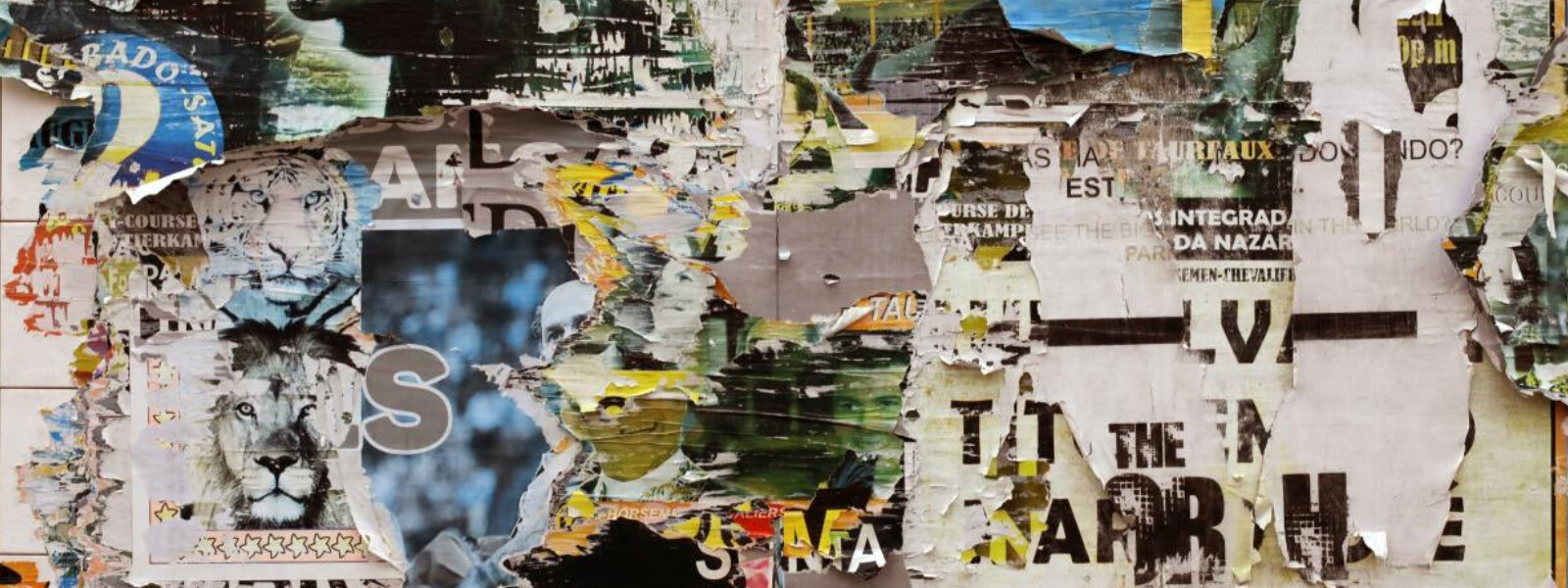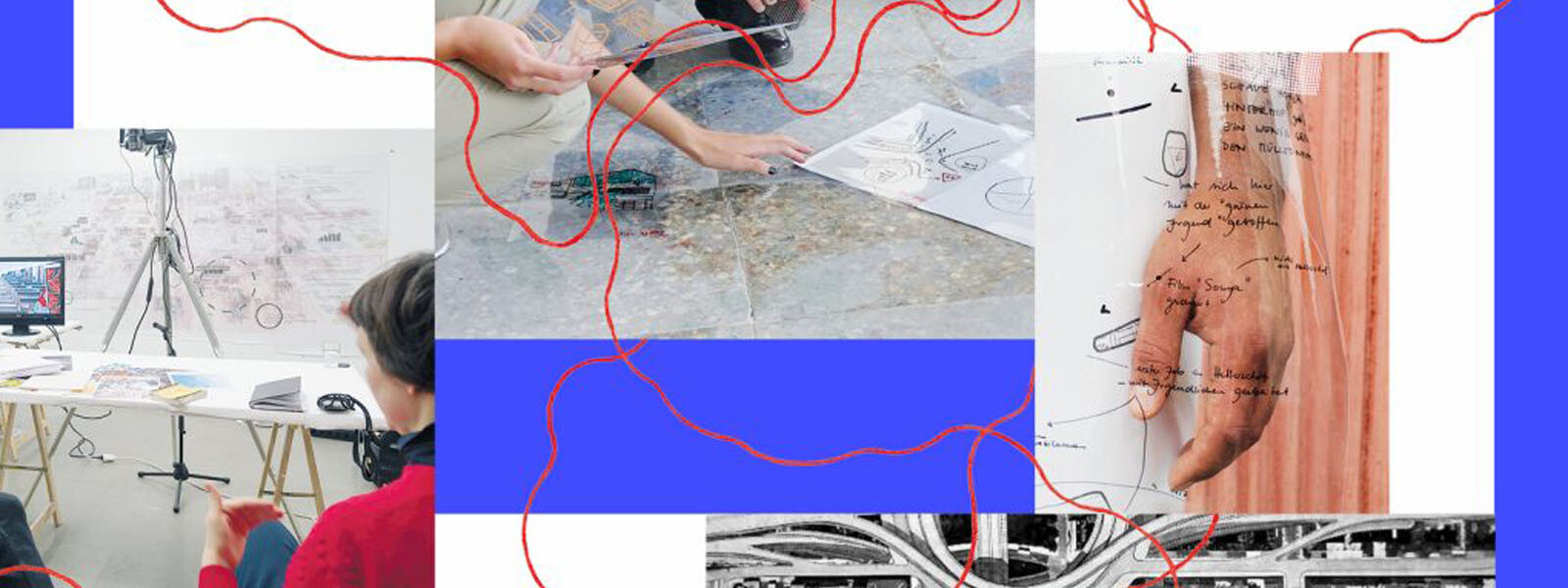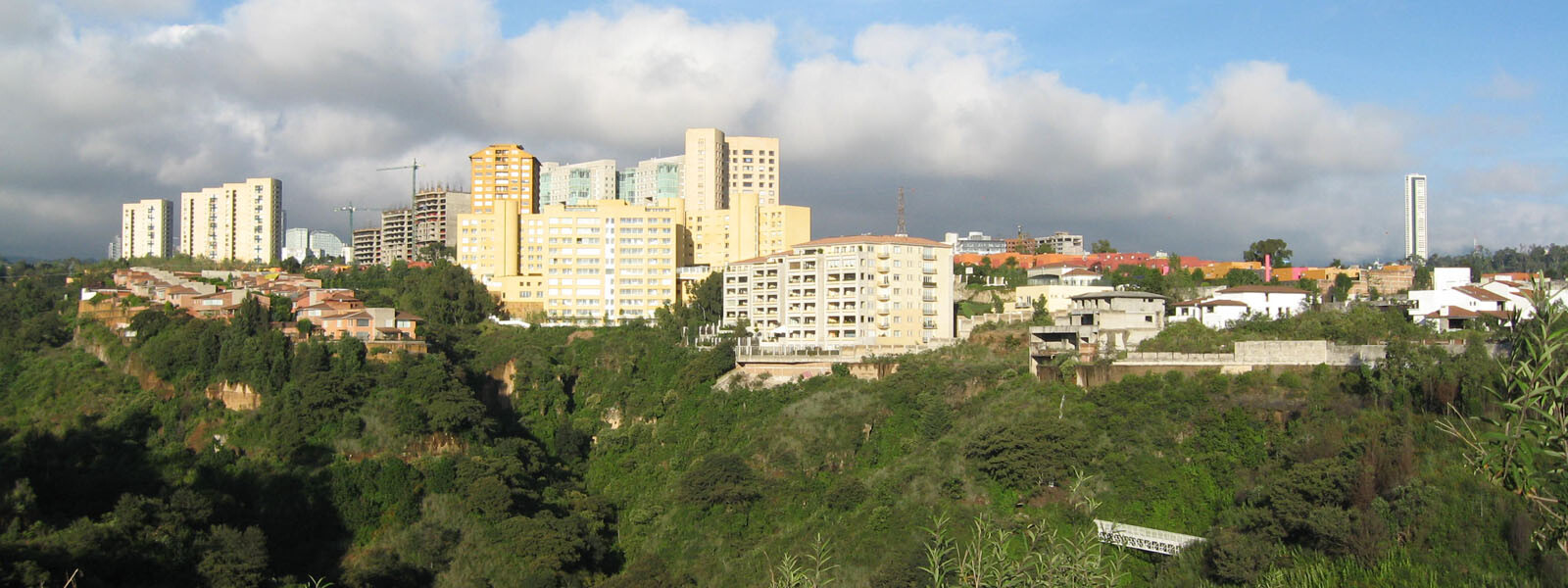Today, many scholars are aware of the theoretically well-founded need to work towards more decentred urban knowledge production. However, the question often remains: How can this be put into practice? In this series of sessions, we take urban geography as a starting point to discuss the 2021 RGS-IBG conference theme ‘Borders, bordering and borderlands’. We draw on an emerging body of work in which urban scholars increasingly engage with a variety of decentred approaches in their research and academic praxis to ask how these practices and experiences shape the very scope and focus of urban theory.
Inspired by Gloria E. Anzaldúa’s Borderlands/La Frontera (1987), we propose to reflect on border-thinking as an approach to not only further decentre and reframe theoretical and methodological approaches in urban research, but also to recognize difference in knowledge production through critical feminist, race and intersectional perspectives. Opening up spaces in which encounters are possible is key to this endeavour, thereby creating interfaces and frictions between different urban knowledges. For instance, feminist and post- as well as decolonial scholars have proposed collaborative and dialogical methods as a possible path towards new forms of research and political praxis. Since such changes in urban research and praxis directly impact academic work, calls to build urban knowledge otherwise often entail engaging with institutional inertia and opposition.
In this double-session co-organized with Anke Schwarz, we host a number of invited contributions by urban scholars who draw on their own research to discuss the experiences, practical consequences and difficulties of integrating decentred approaches in knowledge production, pedagogy and academic praxis of urban geography.
Paper session Wednesday 1 September 1pm to 2:40 pm BST
In the paper session, contributors (Wangui Kimari, William Ackah, Lindsay Sawyer, María Antonia Carcelen Estrada) lay out practical experiences with the ongoing work of decentering urban geography. The lead question is: What ideas and examples for transforming both the knowledge and the practices of urban geography are emergent in your work and praxis? The discussion includes reflections on empirical research, academic writing, editorial and curatorial activities, and teaching.
Panel session Wednesday 1 September 3pm to 4:40 pm BST
In a subsequent panel session, the panellists (Gabriela Ruales and Manuela Silveira of the Colectivo de Geografía Crítica de Ecuador, Noa K. Ha, Sophie Oldfield) will address concerns about forms of critique and theory, but particularly engage with institutional challenges, practices of circulating knowledge, and the potentials and difficulties of more collaborative academic work to further decentre urban geography. With a view to their own ongoing efforts and experience in decentering urban geography, panellists are invited to discuss the following questions: What is ‘decentering urban geography’ to you? How would you frame it? How does this approach influence your academic praxis? In what ways does it change the way you work? What has to be done to further decentre urban geography? Where do we go from here?
Sessions sponsored by the Gender and Feminist Geographies Research Group and the Urban Geography Research Group



